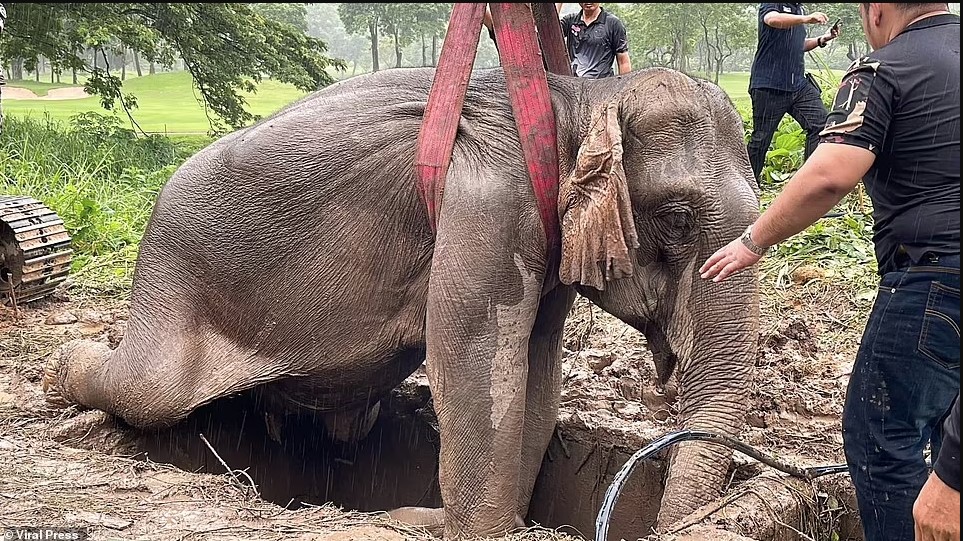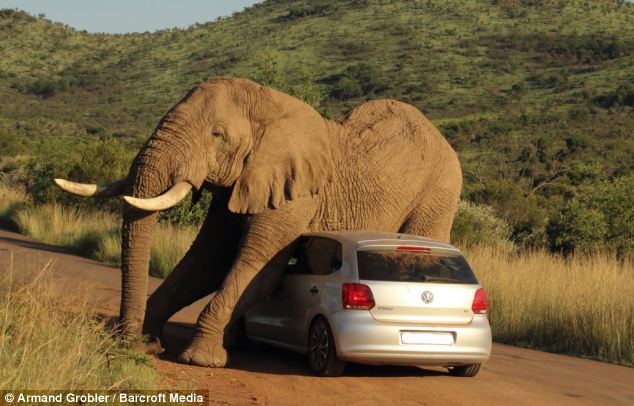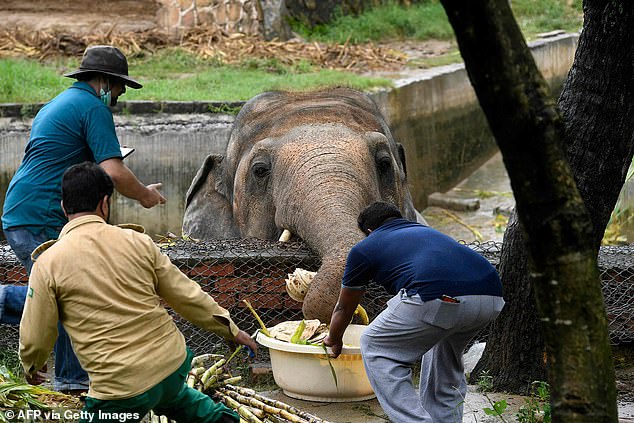Consider yourself a young elephant who is seeing a dog for the first time. You would be perplexed, wouldn’t you? Perhaps a bit frightened? That’s how Yindee, a newborn elephant in the Elephant Nature Park, responded to a dog that was randomly approaching him and who really liked to play together.
The dog’s eagerness to play is actually making Yindee a little irate and frustrated. But eventually, Yindee caves in to the fun – as we all must – and begins chasing the dog and hurling dirt. And so a friendship begins.
Young elephants are allowed to act anyway they choose while their mother keeps an eye on them, and they frequently put on a fantastic show for us. We enjoy seeing young, maturing elephants interact with their surroundings and with other elephants and other animals because we find them to be pretty fascinating. Elephant calves are still heavily reliant on their parents at the age of three. Young elephants usually imitate their elders in order to learn and gradually develop their own identities.
Young elephants are frequently observed acting bizarrely, like trying to pick up objects, eating the dung of their more seasoned cousins, and inserting their trunks into their mouths. Even though a lot of it can seem strange at first, everything serves a purpose. Elephant calves still need to improve their ability to navigate through the bush. In order to sample the food that the older elephants are eating, young elephants are pushing their trunks into those of others.
Let’s watch the video:
Source: https://live.xem.plus








